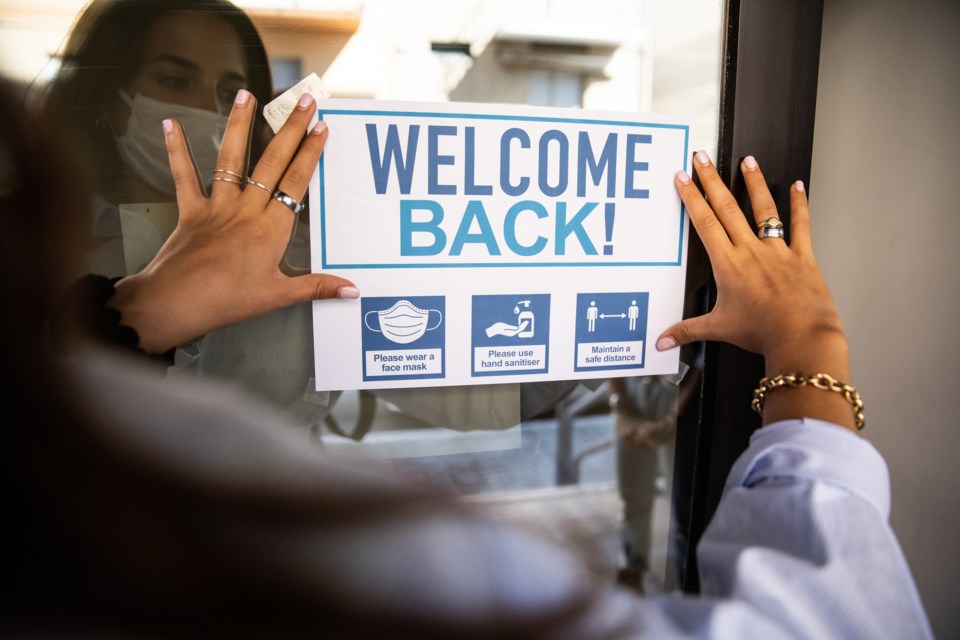It is often said, albeit not always in the right context, that public opinion polls are a snapshot in time. There can be a very different outcome to a survey if a question is put to the collective psyche of a country immediately after an impactful event or experience.
An example of this came in September 2001, when U.S. President George W. Bush enjoyed the highest approval rating of his tenure just hours after relying on a bullhorn to address first respondents assembled at Ground Zero. There may have been many reasons for Americans to be upset with their head of state. Still, at that moment, a profound emotional connection that transcended party allegiance was successfully established.
Research Co. and Glacier Media have spent the last 26 months measuring the perceptions of Canadians on the COVID-19 pandemic. There have been moments in which the decisions of political leaders have led to praise. At the federal level, we saw this during the early days of the pandemic when Prime Minister Justin Trudeau addressed the country daily, outlining various forms of support for Canadians.
Provincial administrations have also benefited, or suffered, from their reaction to the challenges posed by COVID-19.
As Canadians begin to enjoy warm weather, our minds shift into rest and travel, and our thoughts of a future without COVID-19 become clearer. This is not the first time the country has been brimming with optimism. It happened in 2020, when people assumed that restrictions would be abandoned, and in 2021, when vaccination rates suggested that a return to normalcy was at hand.
This month, for the first time, more than three in four Canadians (76 per cent) believe that the worst of the pandemic is now “behind us,” up 14 points since our previous survey in April.
As our views on the pandemic turn rosier, we appear to be more compassionate towards our elected officials. In May, 61 per cent of Canadians are satisfied with the way the federal government has handled the pandemic, up four points.
Provincial administrations also see an improvement, with satisfaction with pandemic management going from 57 per cent in April to 63 per cent in May. The numbers did not move much in Ontario (65 per cent, up two points) and B.C. (62 per cent, up one point), but there are significant gains in Quebec (67 per cent, up eight points) and Alberta (53 per cent, up 16 points).
The situation is also better for the federal chief public health officer, whose satisfaction levels increased by five points to 66 per cent this month. Provincial health and chief medical officers have the same rating nationally (66 per cent).
Being happier with governments and health authorities does not mean that Canadians have completely neglected the pandemic. More than three in four (78 per cent, down four points) continue to consider COVID-19 as “a real threat.”
As satisfaction levels improve for governments, it is important to remember that elections – like polls – can be deeply affected by timing. In B.C., satisfaction with pandemic management was turned into a real majority in 2020, but the feat eluded the federal administration in 2021. In Ontario, where an election to the legislative assembly is scheduled for June 2, the government seems to be peaking at the right time when it comes to COVID-19.
In the next few months, Quebec and Alberta will have an opportunity to see if residents have forgiven, or forgotten, the decisions of their ruling parties. •
Mario Canseco is president of Research Co.
Results are based on an online study conducted from May 14 to May 16, 2022, among 1,000 adults in Canada. The data has been statistically weighted according to Canadian census figures for age, gender and region. The margin of error, which measures sample variability, is plus or minus 3.1 percentage points, 19 times out of 20.




